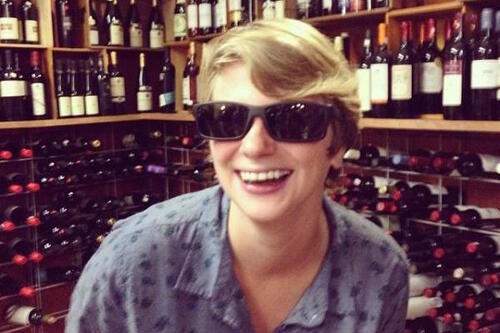
After Geneseo, I spent a year back on Long Island working in a small marketing firm, and applying to graduate schools. Marketing was not for me, and I really missed being in a classroom, so despite some gentle advice from some of my beloved Geneseo professors about the miserable job market landscape, I went all-in and applied to MA and PhD programs across the country. A year later I landed in Columbia, MO for an MA/PhD in English literature focusing on literature of Africa and the Diaspora.
So far, I adore graduate school. I finished my MA thesis and successfully defended it last spring. (It was titled "Women Beyond Allegory: Public Land, Private Space and Political Participation in Three African Novels,” and I loved it but I never want to look at it again.) I have presented a paper on reading Chimamanda Ngozi Adichie through the lense of Stuart Hall at the College Language Association's annual conference. But by far the best thing I have been able to do as a graduate student is teach undergraduate English courses.
So far, I have taught freshman writing and intro to American literature, but I hope to continue to add different courses to my résumé. My students have been so different from each other, but many of them have made me laugh, made me think, and challenged me to reconsider why we read what we read. It has been a real privilege to be in a classroom with these students. I look forward to the next 4-5 years completing my PhD at Mizzou, and to my career beyond that, which I hope involves working with undergraduates consistently.
Perhaps the usefulness of my English degree is immediately apparent since I have stubbornly stuck to academia, but I think the most important thing I learned during my time in Welles Hall was that reading and writing shape our world. I learned that what we read and what we write matters far beyond the classroom, and that a well-rounded education that includes reading that falls beyond the boundaries of my own experience is vital to having a just and empathetic society. This is what I want my own students to walk away understanding, especially as they navigate this large research institution that does not place the same value on humanities education that Geneseo did for me. My advice for English majors is to never forget why it was you became an English major — that desire likely came from an idealistic and empathetic place. Nurturing that aspect of your personality, no matter where you are working, is vital and valuable.